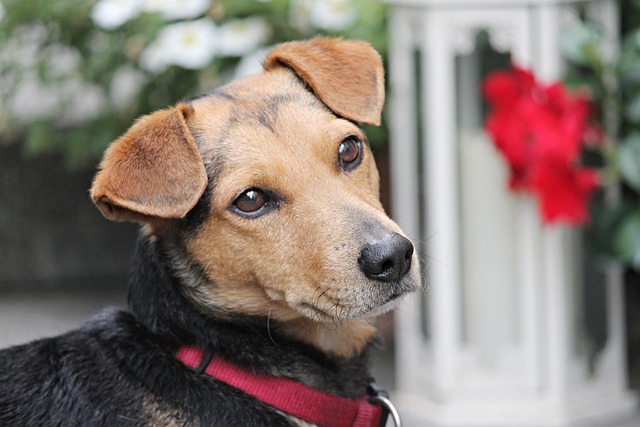
How can I tell if my dog's heatstroke is serious
Let’s be real: It’s a sticky August morning in Los Angeles, and you took your 2-year-old Golden Retriever, Max, for a walk a little later than usual
Puppies start losing their baby teeth around 12 to 16 weeks old, though this timeline can vary a bit by breed. Smaller breeds might start a week or two earlier, while larger ones sometimes take a little longer. You’ll probably notice tiny, sharp teeth popping up around your home—under the couch, in their bed, or even stuck in a chew toy. These are the deciduous teeth making way for the 42 adult teeth that will eventually fill their jaws.
During this phase, you might notice your puppy chewing more than usual. That’s their way of relieving the discomfort of new teeth pushing through. It’s smart to keep plenty of safe chew toys around—think rubber Kongs or rope toys. Avoid hard objects like antlers or Nylabones, which can damage their developing adult teeth.
Some puppies experience mild gum inflammation during teething. You might see a little drooling or notice they’re less interested in hard kibble for a few days. If their gums look very red or swollen, or if they seem to be in significant pain, it’s a good idea to check in with your vet. Rarely, baby teeth don’t fall out properly, which can cause crowding or alignment issues with adult teeth.
 This is also a crucial time to start establishing good dental habits. Gently brushing your puppy’s teeth a few times a week with pet-safe toothpaste helps them get used to the routine. Many owners find that starting young makes adult teeth brushing much easier. You can also introduce dental chews approved by veterinary organizations to help keep their teeth clean as they grow.
This is also a crucial time to start establishing good dental habits. Gently brushing your puppy’s teeth a few times a week with pet-safe toothpaste helps them get used to the routine. Many owners find that starting young makes adult teeth brushing much easier. You can also introduce dental chews approved by veterinary organizations to help keep their teeth clean as they grow.
In many European countries, there are strict regulations about pet care that include dental health. For example, in Germany, animal welfare laws require owners to provide appropriate chew items to support natural dental development. Similarly, in parts of the US, breeders must ensure puppies receive proper dental care before adoption, including monitoring teething progress.
By around 6 to 8 months of age, most puppies will have lost all their baby teeth and their adult set will be complete. Keep an eye out for any retained baby teeth during this transition—your vet can remove them if necessary to prevent future problems. With proper care during this stage, you’ll help set your puppy up for a lifetime of healthy teeth and gums.

Let’s be real: It’s a sticky August morning in Los Angeles, and you took your 2-year-old Golden Retriever, Max, for a walk a little later than usual

You're enjoying a summer afternoon at the park when you notice your dog has stopped panting and appears disoriented - their gums are bright red

Let’s paint the picture: You’re in your Denver apartment, watching your 4-year-old Boston Terrier, Ruby, plop down mid-play session with her favorite toy

Many dog owners notice their pets nails seem shorter after regular walks,but how much does this daily activity actually help?The answer depends on where you walk—concrete sidewalks or asphalt streets gently file nails as a dog's paws hit the ground

Most dog owners notice their pup scooting across the carpet at some point, but few connect it to impacted anal glands. These small sacs near a dog’s rectum secrete a scent for marking territory

Most vets agree that regular dog teeth cleaning is key to avoiding painful dental issues later. For healthy adult dogs, a professional cleaning at the vet’s office every 12 to 18 months usually works well.